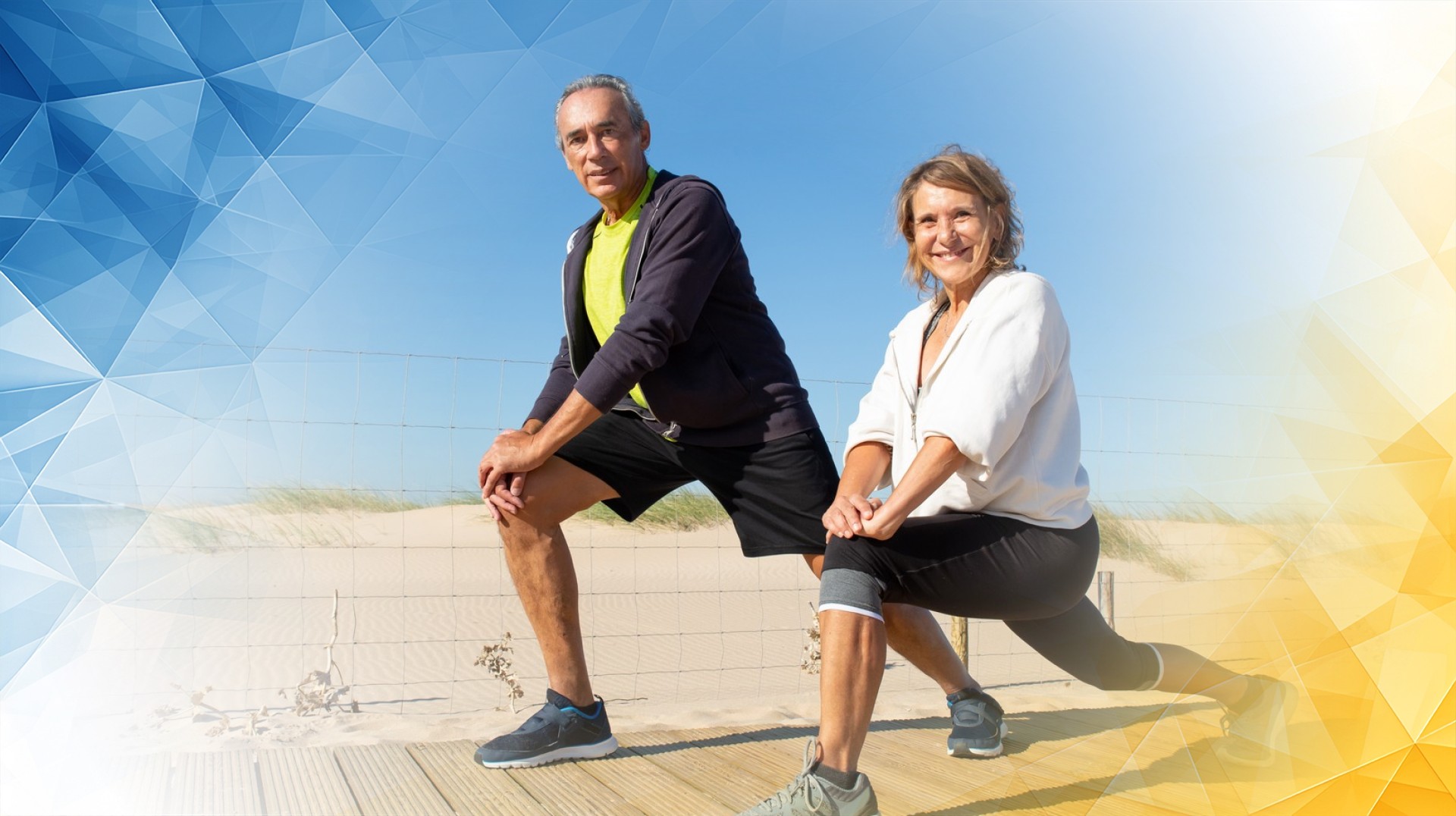



Knee cartilage is a smooth, rubbery tissue that cushions the ends of the bones in your knee joint , allowing pain-free movement. Unfortunately, this cartilage can wear down over time or become damaged from injury, leading to pain, stiffness, and restricted mobility. While medical treatments like surgery and medications are available, they may not fully restore the joint and can carry risks. That’s why more people are exploring natural ways to help the body repair and rebuild cartilage. In this guide, you’ll discover a practical, research-backed approach to improving your knee health naturally —with steps focused on nutrition, exercise, lifestyle changes, and emerging therapies.
Cartilage acts as a shock absorber in your knee, keeping bones from grinding against each other. Unlike skin or muscle, cartilage has a limited ability to heal itself, so damage can be long-lasting. Age, repetitive strain, and chronic inflammation can accelerate cartilage breakdown, sometimes leading to osteoarthritis—one of the most common causes of joint pain and stiffness. By understanding how cartilage works and what causes its degeneration, you can take important steps to protect your joints and encourage natural repair.
What you eat has a significant impact on the health of your knee cartilage . Certain nutrients supply your body with the building blocks it needs to repair cartilage and manage inflammation. For example:
Filling your diet with leafy greens, colorful fruits, fatty fish, nuts, and bone broth delivers these valuable nutrients and helps your body create the ideal environment for healing.
Staying active is vital for healthy knees , but it’s important to choose exercises that are gentle on your joints. Low-impact activities like swimming, cycling, and stretching boost blood circulation to the knee, delivering oxygen and nutrients needed for repair. Strengthening the muscles around your knee through physical therapy can also stabilize your joint and reduce strain on the cartilage.
Research shows that regular, moderate exercise lowers joint inflammation and encourages the production of proteins that are essential for cartilage health. A personalized routine that blends gentle stretching, aerobics, and strength training—with guidance from a physical therapist if needed—can make a real difference.
Beyond nutrition and exercise, daily habits can either support or undermine your knee health . Carrying excess weight puts additional stress on your knees and may accelerate cartilage wear. Maintaining a healthy weight through balanced eating and physical activity can greatly reduce this pressure.
Other lifestyle changes that lower inflammation—such as managing stress, getting enough restorative sleep , and avoiding smoking—also benefit your knees. Adding natural anti- inflammatory foods and spices, like turmeric and ginger, to your meals offers extra support.
Medical advances are opening up promising new options for aiding cartilage repair . These include:
Early research suggests these treatments can enhance the body’s repair processes, especially when combined with good nutrition, exercise, and healthy lifestyle habits. While more studies are needed, these therapies offer added hope for those seeking a natural approach to knee regeneration.
Several clinical studies have reported improvements in cartilage following these and similar treatments. Techniques such as autologous chondrocyte implantation (ACI), matrix-induced ACI (MACI), microfracture, and osteochondral autograft transfer (mosaicplasty) are among the many options being explored. Results have shown promising potential in restoring cartilage , particularly when treatments fit an individual’s unique needs.
The most effective approach to supporting knee cartilage repair combines several strategies. Prioritize nutrient-rich foods, participate in joint-friendly exercises, practice healthy lifestyle habits, and consider emerging therapies if appropriate. These steps don’t just work in isolation—they complement each other, producing better cartilage quality, less pain, and improved joint mobility. Research consistently shows that a comprehensive, multi-faceted approach provides the greatest benefits.
Natural healing takes time, and you may encounter setbacks like slow progress or lost motivation. Setting realistic goals, tracking your improvements, and seeking professional guidance can help keep you on track. Remember, these natural strategies work best alongside any treatments your healthcare provider recommends. With patience and consistency, you can achieve meaningful improvements in knee function and comfort.
By following a well-rounded plan—combining good nutrition, appropriate exercise, healthy lifestyle choices, and the latest therapies—you can give your body the support it needs to repair knee cartilage safely and effectively. Work with your healthcare provider to personalize this blueprint for your needs. With dedication, you can enjoy greater mobility, less pain, and a higher quality of life.
Research into natural cartilage regeneration is progressing rapidly, leading to new, non-invasive treatments and therapies. As science continues to evolve, blending these innovations with proven lifestyle methods will create even more ways to protect and revitalize your knees . Staying informed, proactive, and committed is the best path to lasting knee health and well-being.
Okahashi, K., Fujisawa, Y., Sugimoto, K., & Tanaka, Y. (2010). Cartilage Regeneration of Knee OA After High Tibial Osteotomy. Techniques in Knee Surgery, 9(2), 95-100. https://doi.org/10.1097/btk.0b013e3181e0a0b0
Rodríguez‐Merchán, E. C. (2012). Regeneration of articular cartilage of the knee. Rheumatology International, 33(4), 837-845. https://doi.org/10.1007/s00296-012-2601-3
Mika, J., Clanton, T. O., Ambrose, C. G., & Kinne, R. W. (2016). Surgical preparation for articular cartilage regeneration in the osteoarthritic knee joint. Cartilage, 8(4), 365-368. https://doi.org/10.1177/1947603516670710
All our treatments are selected to help patients achieve the best possible outcomes and return to the quality of life they deserve. Get in touch if you have any questions.
At London Cartilage Clinic, we are constantly staying up-to-date on the latest treatment options for knee injuries and ongoing knee health issues. As a result, our patients have access to the best equipment, techniques, and expertise in the field, whether it’s for cartilage repair, regeneration, or replacement.
For the best in patient care and cartilage knowledge, contact London Cartilage Clinic today.
At London Cartilage Clinic, our team has spent years gaining an in-depth understanding of human biology and the skills necessary to provide a wide range of cartilage treatments. It’s our mission to administer comprehensive care through innovative solutions targeted at key areas, including cartilage injuries. During an initial consultation, one of our medical professionals will establish which path forward is best for you.
Contact us if you have any questions about the various treatment methods on offer.
Legal & Medical Disclaimer
This article is written by an independent contributor and reflects their own views and experience, not necessarily those of londoncartilage.com. It is provided for general information and education only and does not constitute medical advice, diagnosis, or treatment.
Always seek personalised advice from a qualified healthcare professional before making decisions about your health. londoncartilage.com accepts no responsibility for errors, omissions, third-party content, or any loss, damage, or injury arising from reliance on this material. If you believe this article contains inaccurate or infringing content, please contact us at [email protected].